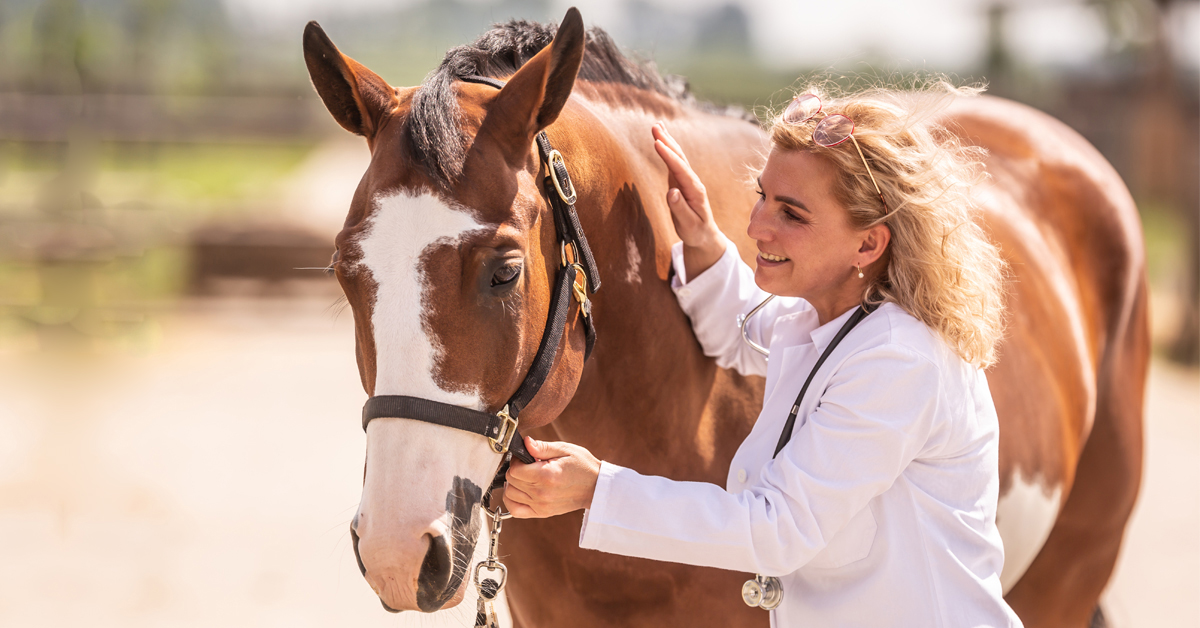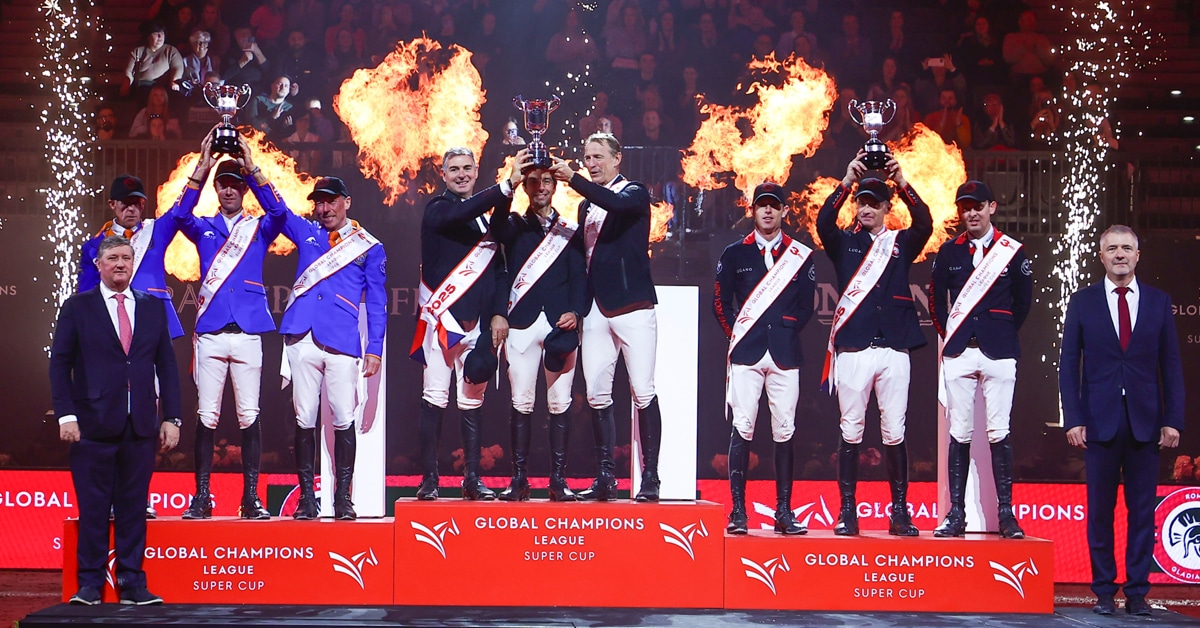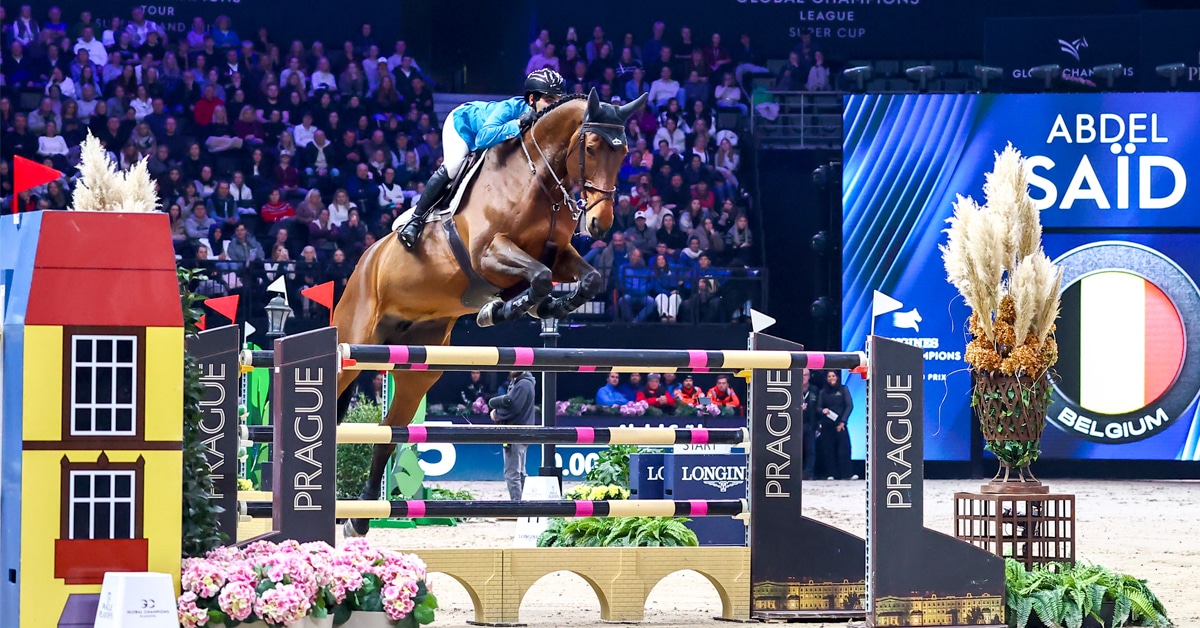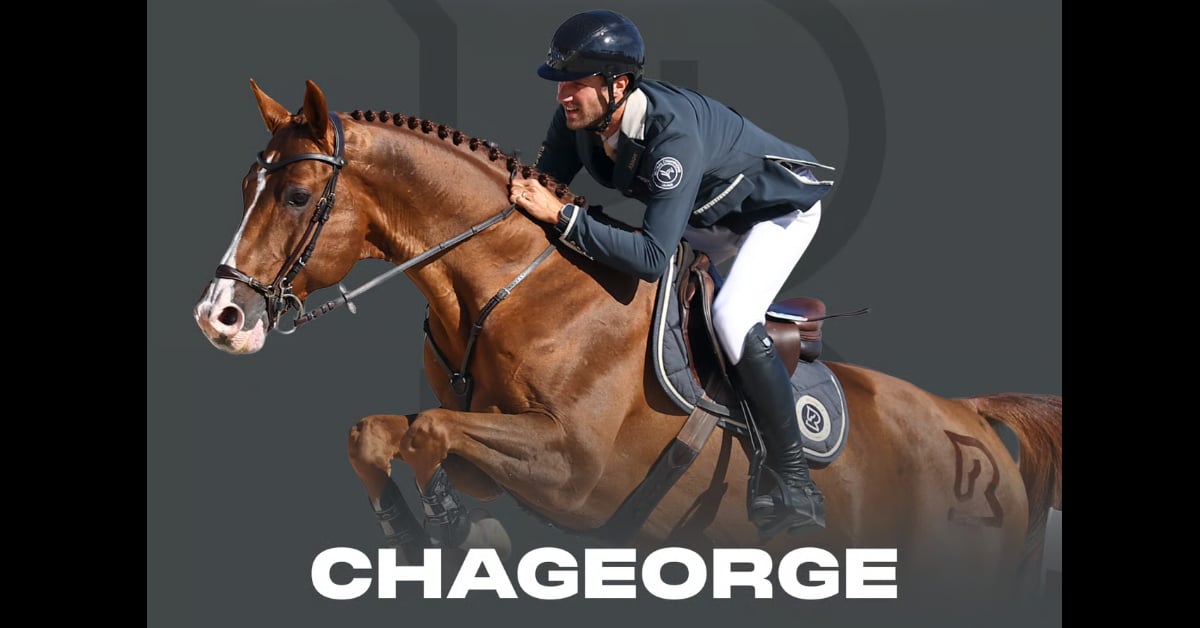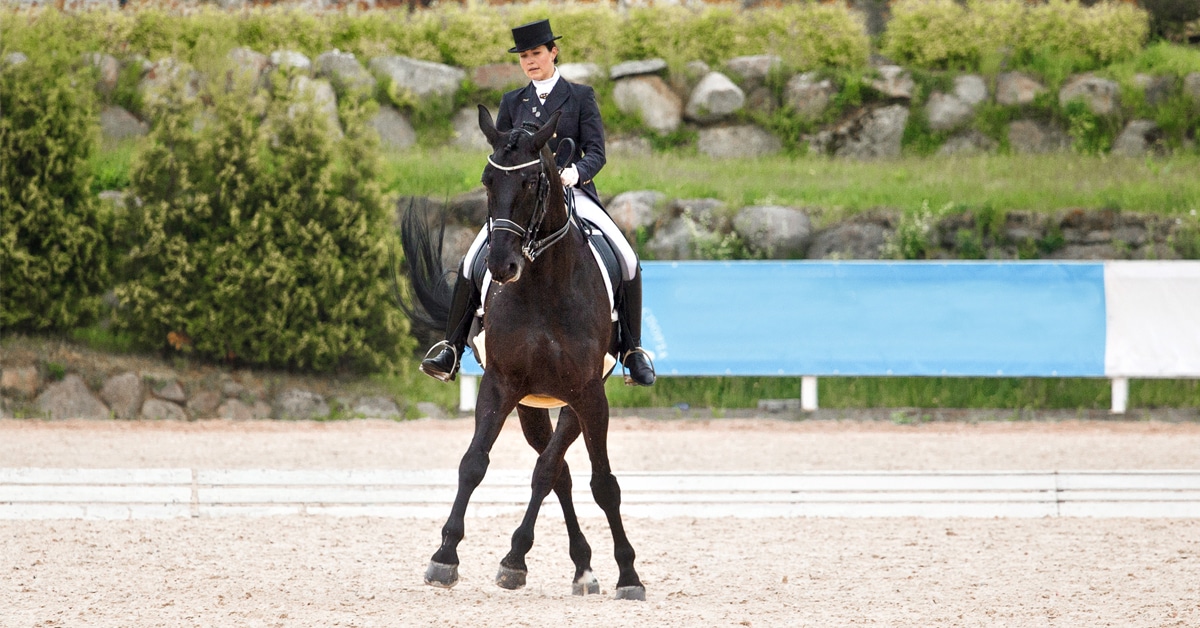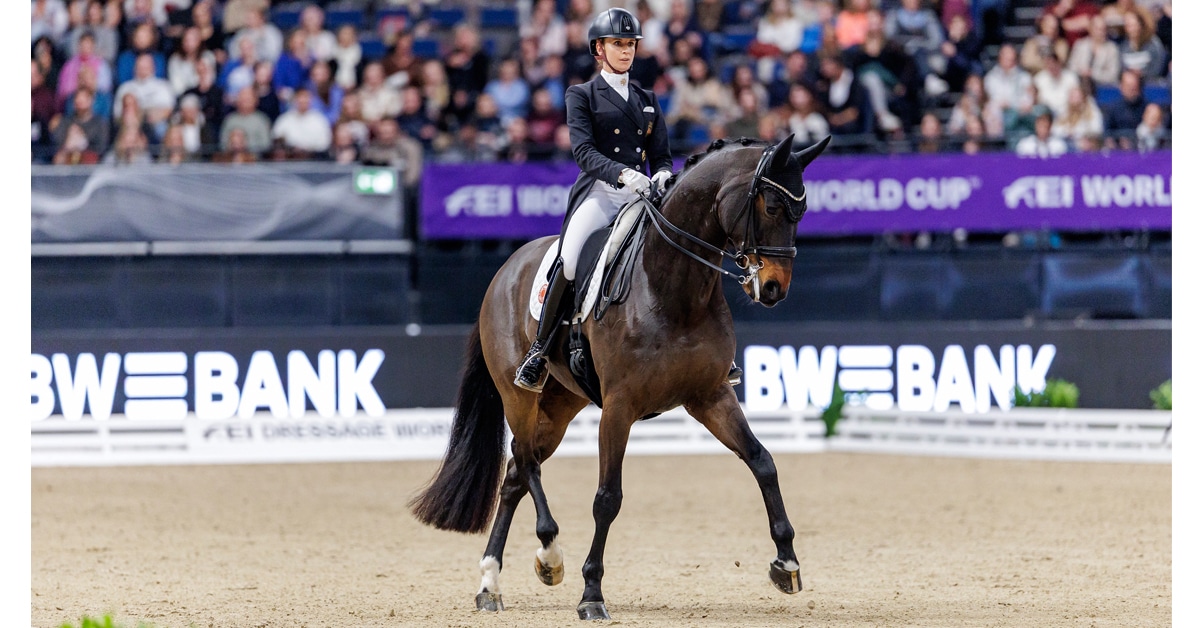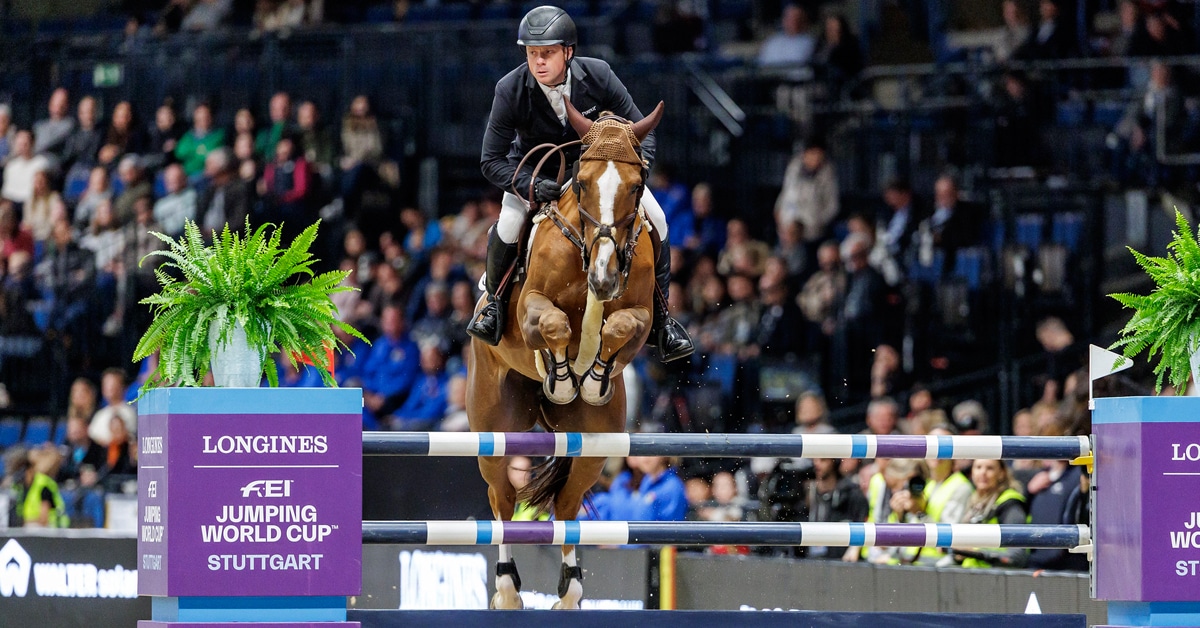Another yellow warning card for horse abuse through use of hyperflexion has been issued in FEI eventing. This was handed to the Italian rider Mattia Luciani during the Strzegom CCI4* in Poland last week, the FEI has confirmed to Horsesport.com.
Luciani was given the warning card during his warm-up for the dressage phase. A FEI spokesman told Horsesport.com that officials also “addressed the matter with him in conversation.”
This means that FEI eventing has now sanctioned the controversial practice at least twice. A yellow card for hyperflexion was handed to the Brazilian eventing team member Carlos Parro at the Paris Olympic Games, though only several days after the incident, following third-party representations and an open letter from PETA (People for the Ethical Treatment of Animals).
Curiously, while the eventing listings usually describe the type of abuse sanctioned – for example, “excessive use of whip” or “minor case of blood” – these two known rollkur cases were not expressly described. Horsesport.com asked the FEI about these inconsistencies. Its spokesman replied: “As of the start of the year, the list of sanctions is automatically generated by the FEI database, where the listings do not include every single possibility for issuing a yellow warning card. We will consider whether the list needs to be refined to include hyperflexion.”
In Paris, there was inevitably huge interest in the Parro incident where, for the first time in response to media queries about alleged rollkur, the FEI acknowledged that a horse had suffered “unnecessary discomfort.” Those words place hyperflexion within the definition of horse abuse under Art 142 of FEI General Regulations.
By contrast, dressage officials appear to tolerate the banned practice, despite the long-time concern of welfare campaigners and hundreds of video clips circulating on social media.
There is also an apparent lack of transparency on the dressage warning card listings page. This shows just seven yellow cards in dressage for the past 12 months, with no reference at all to any use of the lower category of official warning. In Paris, the FEI head veterinarian Goran Akerstrom told the media that that several dressage riders were warned over “blue tongue” during Grand Prix dressage in Paris. But unlike other warned riders, their names have not appeared on any publicly-available list. This information has since been widely repeated in other media, with no denial or clarification from FEI HQ to date.
More News
